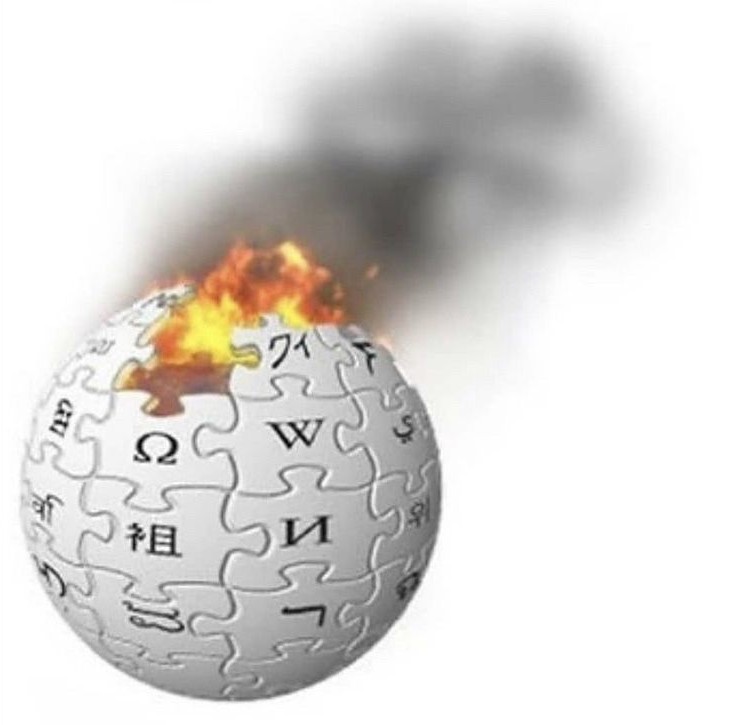
We face moral decisions in both obvious and quiet ways. Some arrive in moments of crisis, others in daily habits so familiar they feel unremarkable. Philosophy treats both as worth examining. The question “What is the right thing to do?” is less about finding a single formula than about developing a way of thinking that can handle complexity.
One approach weighs outcomes. If a small sacrifice could prevent great harm, it seems clear we should make it. This line of reasoning extends far beyond immediate emergencies, forcing us to ask what we owe to strangers, and whether distance or custom can excuse inaction.
Another approach begins from duties. Here, the focus is not on consequences but on the principles that guide action. Some acts are seen as wrong regardless of benefit, because they treat people as tools rather than as individuals with their own ends. This perspective values consistency, fairness, and the refusal to harm even for a perceived greater good.
A third way looks inward, emphasising the kind of person we become through our actions. Character, habit, and the cultivation of virtues matter as much as individual choices. This view asks whether our decisions express qualities like courage, generosity, and honesty, and whether we are building a life that reflects them.
These frameworks often lead to different answers in the same case. That tension is part of their value. They remind us that moral life involves trade-offs and that clarity often comes slowly. The right thing to do is not always obvious, but thinking through the problem from different angles can reveal what matters most to us and why.
Ethics does not end with theory. Its point is to shape action. By asking not only what we should do but how we should decide, philosophy turns morality from a set of inherited rules into an ongoing practice of attention, reflection, and choice.
Main image: Melencolia I – Albrecht Dürer